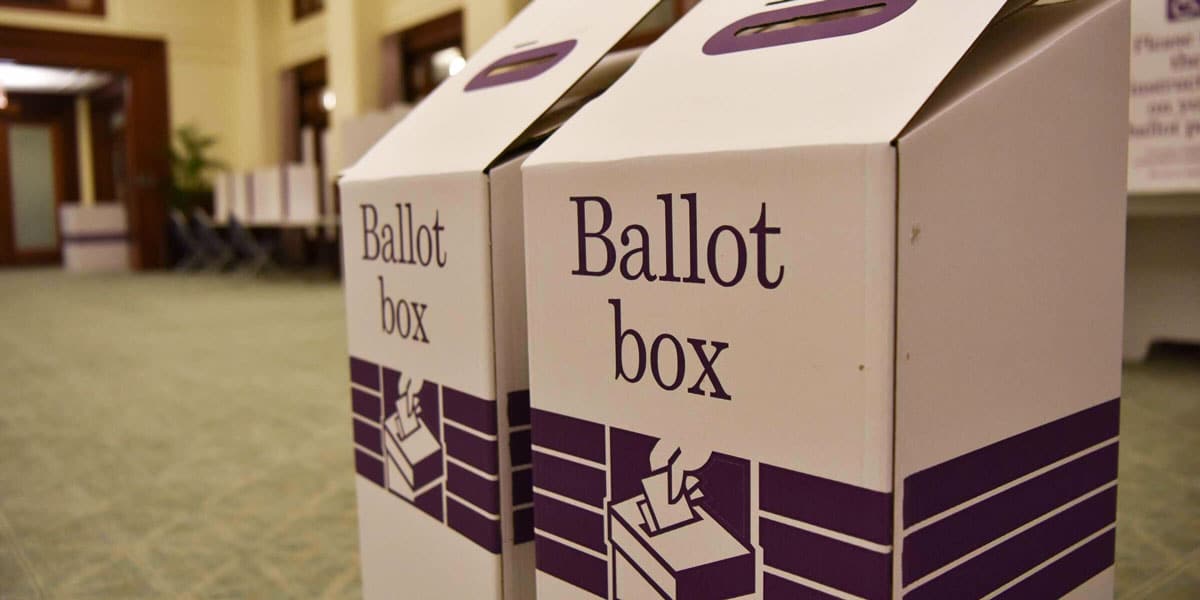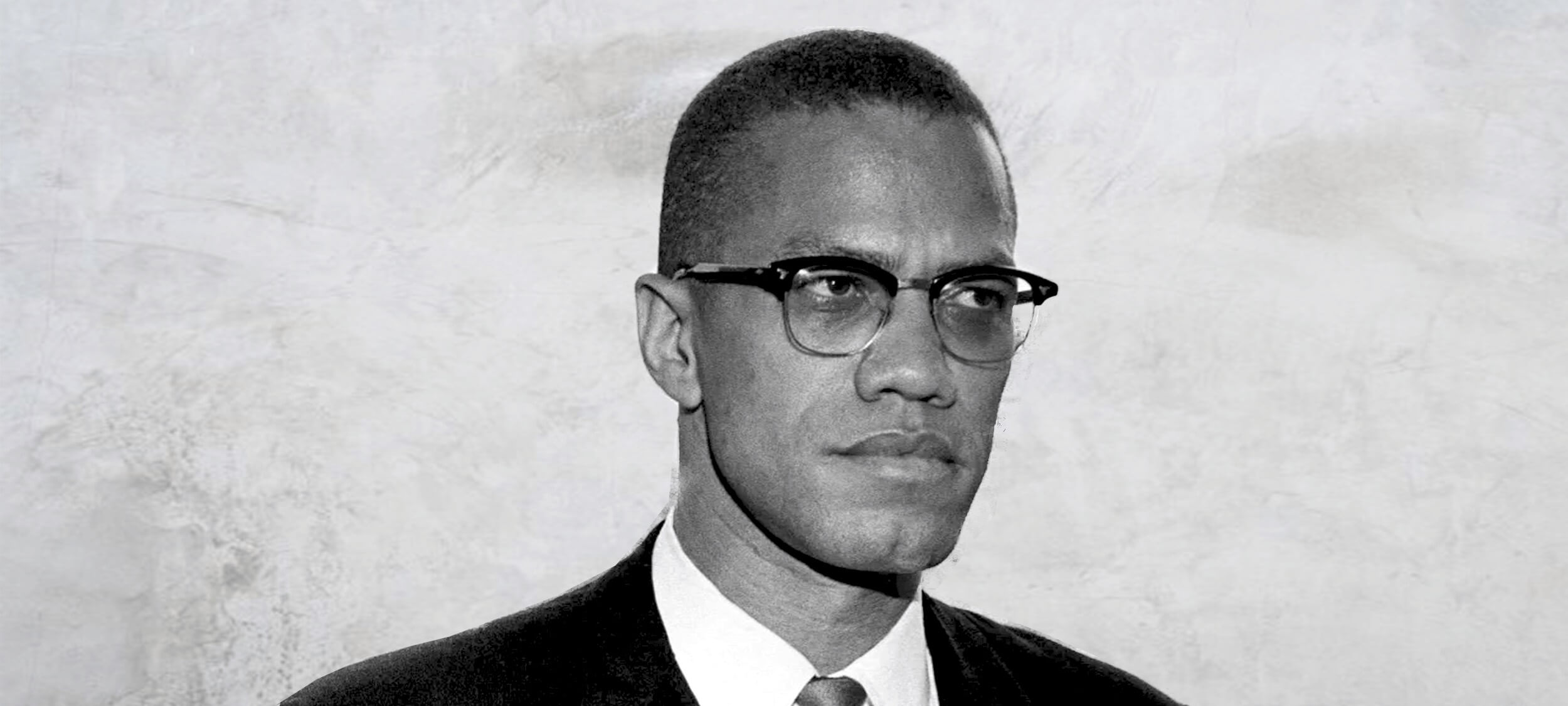
You’re the Voice: It’s our responsibility to vote wisely
Opinion + AnalysisPolitics + Human Rights
BY The Ethics Centre 13 SEP 2023
The Voice referendum is a high stakes decision that could affect many thousands of lives, and that means we have an ethical responsibility to choose how we vote carefully.
Not all decisions are created equal. Some are trivial in their consequences, like whether you choose the chocolate or strawberry ice cream for dessert. Some have higher stakes, like whether you decide to prioritise your career over travelling the world. Yet, these decisions still only affect how you live and are unlikely to impact anyone else.
You can make these decisions in a considered or a flippant way. Or you can choose to not make them at all (although doing so is still making a choice, of sorts). With low stakes personal decisions, you don’t even need to have a good reason for choosing what you do. The only person to whom you owe a justification is yourself – and you can always choose to free yourself of that burden.
But there are other kinds of decisions, ones that impact not just us but other people too. Decisions like these demand more from us and we cannot be so flippant with them. In these cases, we have a greater ethical responsibility to come to a more considered position, to weigh up the options more carefully, and be ready to justify our decision with good reasons.
This is the type of decision are we making when it comes to the Voice to Parliament referendum.
The stakes
In the case of the Aboriginal and Torres Strait Islander Voice, the stakes are whether Indigenous peoples are afforded constitutional protection for a consultatory body that will advise government on legislation affecting their communities – a body that cannot be legislated away with a change of government.
Leading Indigenous figures representing peoples from across Australia and the Torres Strait have asked the Australian people to make the constitutional change because they believe such a consultatory body will have a significant impact on the wellbeing of their peoples and will help correct over two centuries of political disempowerment and discrimination.
Be a good citizen
So, you have a decision to make, one that will likely have a significant impact on a vulnerable population. That places an ethical responsibility on each registered voter to take the decision seriously. This means not treating it flippantly and having a principled reason for voting, regardless of which way you vote. This is what it means to be a “good citizen”.
It’s easy to think of citizenship as simply affording us rights, such a right to have a say in how we’re governed or a right to be treated fairly under the law. However, citizenship also bestows upon us responsibilities, like voting in elections and serving on a jury if called.
But these are just the minimal responsibilities involved in citizenship. We need to do more to be a “good citizen”, including keeping ourselves engaged in issues of public significance and maintaining a basic level of political literacy. A good citizen also doesn’t just grumble about the state of society, they act to make it better. Finally, a good citizen sees themselves as members of an interconnected society, and is willing to make sacrifices or compromise for the common good. So, a good citizen will see the Voice referendum as an opportunity to exercise their responsibilities and engage with the issue actively to make an informed decision.
Be informed
The good news is that there is an abundance of information readily available for each of us to come to a principled decision. However, there is also a wealth of misinformation and disinformation floating around as well. Some of this is shared due to genuine confusion and some is spread by bad faith actors who have their own motivations for attempting to sway votes.
Explore what you really think
This is why it’s important to look at who is speaking and understand their motivations, which might not always be reflected in their arguments. Many people are motivated to vote one way or the other simply because that’s how their perceived political allies are voting, or they might be swayed by unconscious biases and use plausible sounding arguments as post-hoc rationalisations for how they feel deep down.
You can tell that someone is pushing post-hoc rationalisations when you successfully challenge their argument, such as by showing they have been duped by misinformation, but they still don’t change their mind. In this case, simply throwing more facts at them is unlikely to sway them.
A more successful approach is to be sceptical that the first reasons they give are the true motivations for their views. Instead, ask more questions about why they believe what they do and what they’re concerned will happen if the vote doesn’t go their way. Ask questions about how they can be confident their facts are true or what it would take to change their mind.
Rather than positioning yourself as an opponent, try taking the stance as a fellow traveller trying to get to the bottom of the matter. If you’re able to show respect, build trust and lower defensiveness, you’ll have a better chance of opening their mind to alternative perspectives – although it’s also crucial to remain open to alternate perspectives yourself.
There is no right answer
This is because there is no one “right answer” to the referendum question. Reasonable people can disagree on whether a Voice to Parliament is the best mechanism to promote the welfare and representation of Indigenous peoples, or whether a Voice ought to be enshrined in the constitution. When discussing the issue with others, it’s easy to assume that people who disagree with us must harbour some problematic views or that they are simply misguided. Resist that urge and ask questions that aim to tease out good reasons for or against the Voice.
The stakes involved in the Voice referendum mean that we should all take our responsibility to vote in a considered way seriously, and we should be mindful of how we make our decision. Even though there are many pressing issues facing the Australian public, from the cost of living through to climate change, that doesn’t mean we can’t also engage with the longstanding issue of Indigenous disadvantage, especially because there’s often not much we can do about many big issues but we’ve been explicitly invited to have a say on the Voice.
For everything you need to know about the Voice to Parliament visit here.
Ethics in your inbox.
Get the latest inspiration, intelligence, events & more.
By signing up you agree to our privacy policy
You might be interested in…
Opinion + Analysis
Politics + Human Rights
Big Brother is coming to a school near you
Opinion + Analysis
Politics + Human Rights
Trump and the failure of the Grand Bargain
Big thinker
Politics + Human Rights
Big Thinker: Malcolm X
WATCH
Politics + Human Rights




